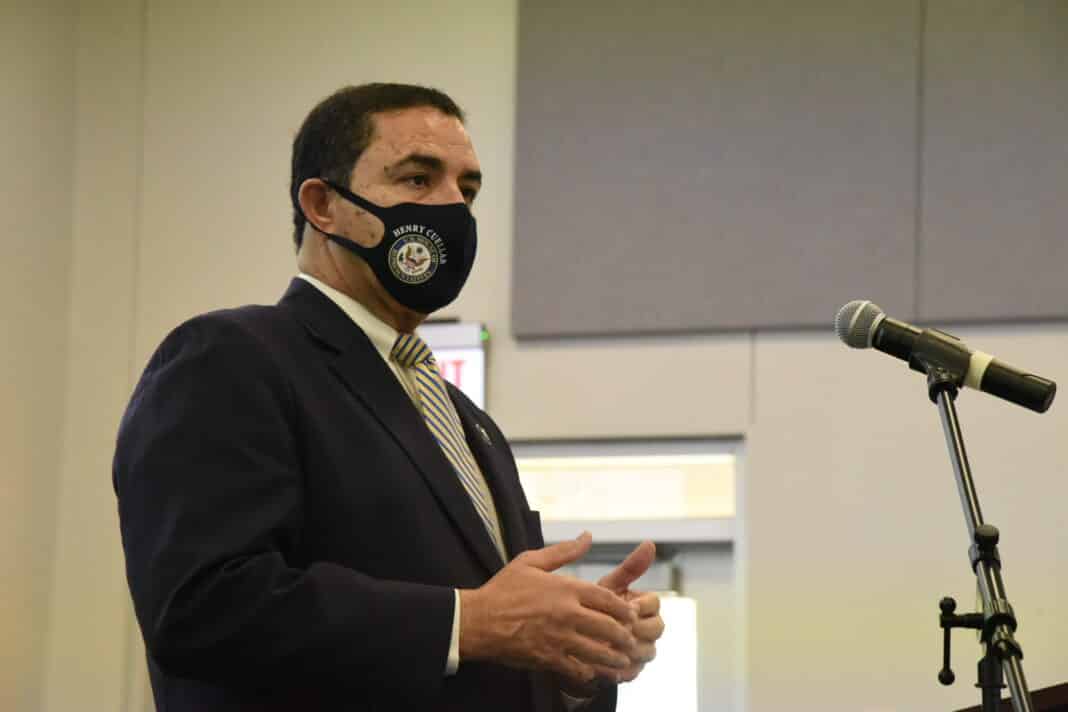One of the Rio Grande Valley’s own congressmen was the only House Democrat to vote against a landmark abortion rights bill that was overwhelmingly approved by the U.S. House of Representatives Friday.
U.S. Rep. Henry Cuellar, D-Laredo, joined House Republicans in voting against the Women’s Health Protection Act of 2021, or H.R. 3755, a bill that would allow abortion services without any restrictions that are aimed solely to restrict abortion access.
Health care providers would be allowed to provide abortion services “without limitations or requirements that single out the provision of abortion services for restrictions that are more burdensome than those restrictions imposed on medically comparable procedures, do not significantly advance reproductive health or the safety of abortion services, and make abortion services more difficult to access,” the bill states.
Cuellar’s office did not respond to multiple requests for an interview.
However, his critics wasted no time in calling him out for his position. Among them was Jessica Cisneros, an immigration attorney who is challenging Cuellar for his congressional seat in 2022.
“Once again, Henry Cuellar has refused to stand up for South Texans’ reproductive freedom and the constitutional right to abortion care,” Cisneros said in a statement. “Even after our state’s Republican leaders just passed the country’s most extreme ban — ending almost all abortion access in Texas with no exceptions after 6 weeks — our Congressman refuses to defend us and our reproductive rights.”
Cuellar’s vote comes on the heels of unprecedented abortion restrictions which went into effect across Texas this month with the passage of the state’s Senate Bill 8.
The bill empowers individuals in Texas to sue health care providers, insurance providers, rideshare companies, or anyone that helps someone obtain an abortion after six weeks of pregnancy. Attempts to block the new law are ongoing in the courts.
The state legislature also approved a bill that states only physicians can provide abortion-inducing drugs and that those drugs cannot be provided after more than 49 days, or seven weeks, of pregnancy.
That bill, S.B. 4 was signed into law Sept. 17 and goes into effect Dec. 2, according to state records.
As for the federal Women’s Health Protection Act, the bill is expected to face an uphill battle in the Senate where Democrats do not hold enough seats to overcome a potential filibuster.




